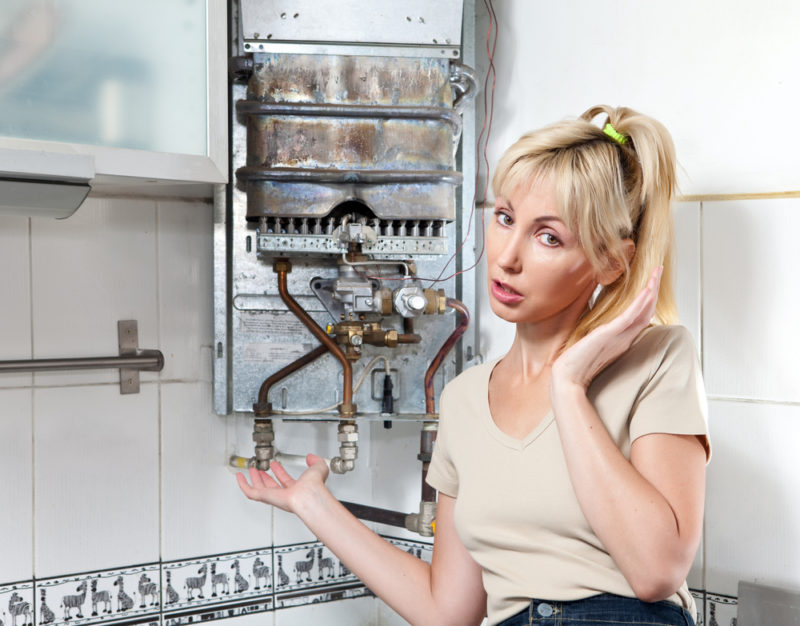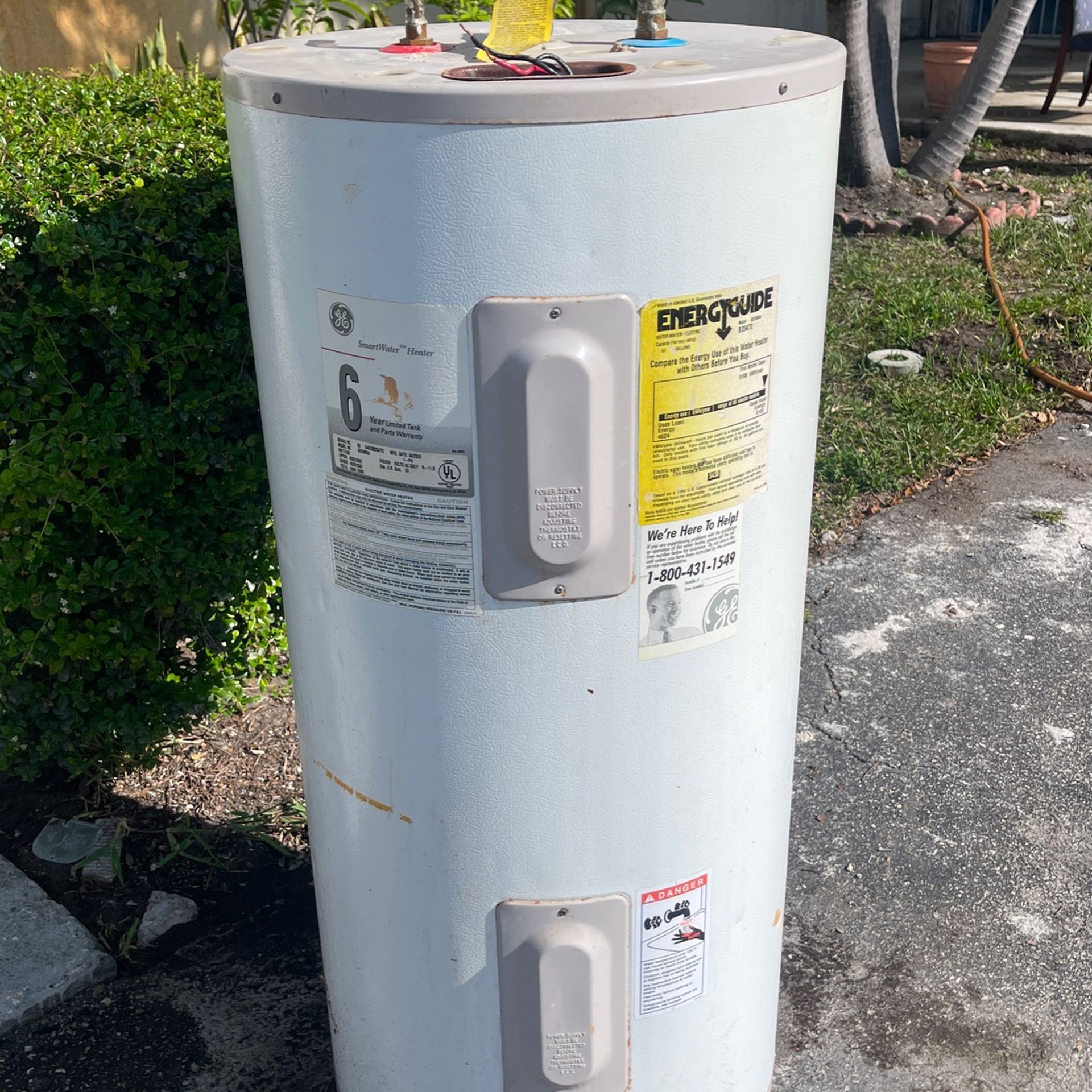Important Protocols for Homeowners Managing Malfunctioning Water Heaters
WebsiteAre you in search of advise about Water Heater Burst?

Whether it is located in the basement or a separate area, busted water heaters can trigger anxiety. A basic system holds 80 gallons, so an over night leak will result in a flood. This results in major building damage with drenched wall surfaces as well as floorings. Having no hot water supply is likewise frustrating. If you are dealing with these concerns, take note of the following:
Shut Down Power Source
Prior to calling the plumber, shut off a gas hot water heater by turning the temperature level dial. This is usually situated at the top of the thermostat. If you have a design that works on electric power, switch off the breaker. This will certainly protect against electrocution, especially if there is a leak as water is a conductor. Normally, the burner turns off when the water hits a certain temperature level. Yet with a busted container, it might malfunction. Sufficing off assures you remain safe.
Cut Off the Cold Water Supply
Cut off the storage tanks faucet water supply from the resource. This goes from your main water line into the storage tank. When your storage tank remains in good condition, the cold water quits filling out when the container is complete. Because it is leaking, the water will proceed to flow. Close the valve found at the top of the heater. Turn this clockwise to close it off. You have to turn off that main water supply line outside your home if you can not locate it or reach it.
Call the Plumber
After doing the first two safety steps, you have to call your plumber to come as soon as possible to deal with a ruptured water heater. However, bear in mind that your device will certainly not just conk out drastically overnight. There are normally signs that your aging hot water heater has sediment build-up in the interior. Make note of the following:
Rather, as soon as you identify these indicators, have a specialist come to inspect your water heating unit give thanks to. Usually, water heating systems have a lifespan of regarding 8 to 12 years.
Tidy up Home
After calling the plumber, file damage by taking notes as well as photos so you can claim your homeowner's insurance policy. Eliminate any standing water to protect against mold and also mold growth. If you have a submersible water pump, utilize that to drain the water.
Remember, if you see any kind of problems with your hot water heater, call the pros right now. You can not take this problem lightly due to the fact that a damaged thermostat can increase water temp to a dangerously high degree, resulting in accidental burns. A damaged heater pressure relief valve can additionally trigger an explosion. For ideal results, obtain an annual check so your device gets evaluated, cleaned, drained pipes, and replenished, assuring ideal efficiency.
Whether it is located in the basement or a different room, busted water heating units can create tension. Before calling the plumber, shut off a gas water heater by turning the temperature dial. After doing the first 2 safety and security actions, you have to call your plumber to come right away to take care of a burst water heating unit. If you have a submersible water pump, make use of that to drain pipes the water. Keep in mind, if you notice any kind of problems with your water heater, call the pros right away.
Is My Water Heater Broken?
The Water Heater is Old
No appliance will last forever. This includes a home’s water heater. During its lifespan, residents are going to face a situation where a new water heater installation will be necessary. The biggest problem with this is that most people are not sure when their water heater expires. Not knowing this can lead to serious risks if the unit begins to act up due to old age.
Most makes and models of water heaters will last between eight and 10 years. While 10 years is the age when water heater replacement is highly recommended, the need to replace the unit may occur before this time or after. If the unit doesn’t show any symptoms of a problem, it is a good idea to replace it at the 10-year mark (from the manufacture date).
Some of the symptoms that indicate a new unit is needed include rusting, leaks, noises, and a failure to heat up the water. Also, note that not all units have a 10-year life expectancy. The main exception to this rule is that a gas unit will last for six to eight years.
Rusty Heater Inlet Valve or Water
While steel is the strongest material on earth, it does have a weakness – rust. If corrosion occurs on a steel surface, it will begin to spread and eat through the steel in certain areas. On water tanks and pipes that are made of steel, rust is a warning sign of an impending leak.
The issue for many is trying to figure out if the rust is coming from the water heater or the pipes that lead to the faucet. If rust is seen, it is a clear indication that water heater service from the professionals is needed.
If rusty water appears out of the faucets in the bathtub or sink, it likely means a rusty water heater. If there is rust near the water inlet or the pressure relief valve, rust has likely developed inside the tank. If tap water appears rusty, it may be an issue with the pipes.
Strange Sounds from the Water Heater
Are there strange sounds coming from the tank? As a water heater gets older, rumbling noises may develop and get louder and louder as the water in the tank heats up. In homes where large amounts of hot water are used, the issue is likely going to be even more obvious when more serious issues arise. If there is a strange or loud noise coming from the unit, it is probably because of sediment buildup. A good way to remedy this problem is by flushing the heater. If this does not work, then a new unit may need to be installed.
Leaks
As a water heater gets closer to the end of its useful life, there is a higher chance there will be water around the tank. If there is water, this usually means leaks are occurring. Based on where the unit is located in the home, a leak may result in serious property damage.
Leaks are usually caused by expansions in the metal tank. The expansions occur as time passes and as the inside body of the tank is exposed to multiple heating cycles per day. When a fracture forms, the gap will be slight enough to hold the water in; however, in more serious situations, this will not be the case. If the tank is idle, the water will not leak but when the metal expands during each heating system, small amounts of water will get through the gap.

As a person who reads on Broken Water Heaters, I think sharing that chunk was sensible. Appreciated our post? Please share it. Help someone else locate it. Thanks a bunch for your time. Kindly check up our blog back soon.
Burst pipes? Get immediate help.